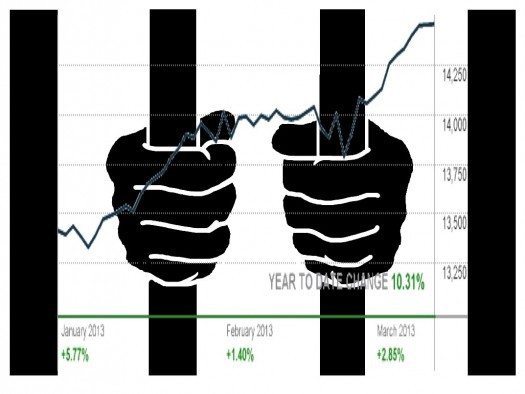
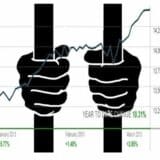
 How will America, which espouses the virtues of forgiveness and freedom, successfully deal with the thousands of people who leave its prisons every year? As the nation with the highest incarceration rate in the world, the United States has a unique responsibility to chart a different, more humane course towards incarceration. Fifty years after the historic March on Washington helped usher the end of legally sanctioned discrimination, the formerly incarcerated remain stripped of basic rights. In many states they can’t vote, live in public housing or receive public assistance. And so they end up recycled in and out of some of America’s most deplorable institutions.
How will America, which espouses the virtues of forgiveness and freedom, successfully deal with the thousands of people who leave its prisons every year? As the nation with the highest incarceration rate in the world, the United States has a unique responsibility to chart a different, more humane course towards incarceration. Fifty years after the historic March on Washington helped usher the end of legally sanctioned discrimination, the formerly incarcerated remain stripped of basic rights. In many states they can’t vote, live in public housing or receive public assistance. And so they end up recycled in and out of some of America’s most deplorable institutions.
In the same way that Mississippi or Alabama were vital battlefronts in the struggle for civil rights a half century ago, California, with the country’s largest prison population, is ground zero for what many see as the major social and political issue of today. Like other states in the 1980s and 1990s,
» Read more about: Breaking Our Addiction to Incarceration »
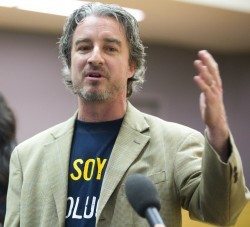
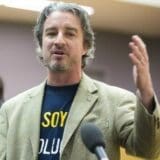
At first glance, it is one of the nation’s hottest new education-reform movements, a seemingly populist crusade to empower poor parents and fix failing public schools. But a closer examination reveals that the “parent-trigger” movement is being heavily financed by the conservative Walton Family Foundation, one of the nation’s largest and most strident anti-union organizations, a Frying Pan News investigation has shown.
Since 2009, the foundation has poured more than $6.3 million into Parent Revolution, a Los Angeles advocacy group that is in the forefront of the parent-trigger campaign in California and the nation. Its heavy reliance on Walton money, critics say, raises questions about the independence of Parent Revolution and the intentions of the Walton Family Foundation.

While Parent Revolution identifies the Walton Family Foundation as one of several donors on its Web site,
» Read more about: Public Schools, Private Agendas: Parent Revolution »
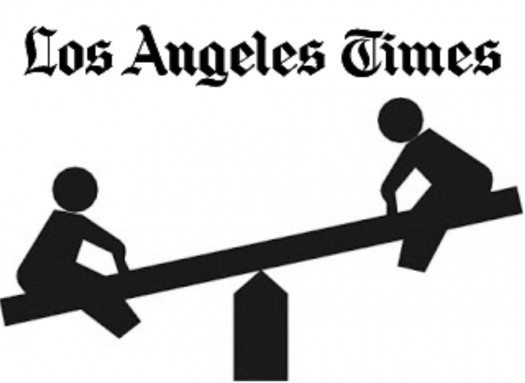
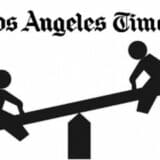
James Rainey’s L.A. Times story, “Garcetti, Greuel Step Gingerly Around City Labor Issues,” shows the problem with the press’ approach to writing so-called “balanced” stories.
Rainey’s story is generally a good one, filled with facts and figures. He’s even careful to use his data to set the record straight when it contradicts what one of his interviewees says. For example, after the County Federation of Labor’s Maria Elena Durazo says “that the average city worker receives $32,000 in retirement,” Rainey writes, “The website for the city’s civilian retirement system puts the average pension benefit for 12,000 current retirees about 40 percent higher than Durazo’s figure.”
Okay, so he checks Durazo’s stats and she appears to be mistaken.
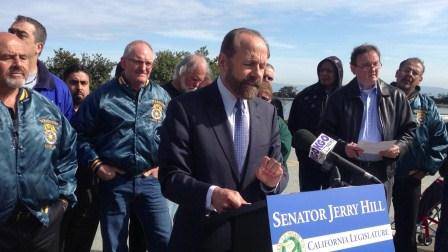
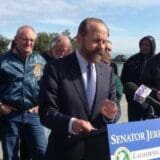
Imagine a system that gives companies enormous tax breaks for firing workers – and then forces those jobless workers to pay for those tax breaks themselves.
It might sound outrageous, but in California, that’s the reality. Just ask Joan Beighley, who worked at VWR in Brisbane for 14 years before her job was eliminated when her employer decided to take advantage of the state’s wasteful “enterprise zone” (EZ) corporate tax giveaway program. Thanks to this flawed program, VWR is able to collect up to $37,000 for each worker the company fired and replaced when they shut down their Brisbane facility and relocated to Visalia – even though no new jobs were created, and the jobs in Visalia pay a fraction of what the Brisbane workers earned for the same work.
The VWR move cost the city of Brisbane more than $2 million a year, while the company took in a windfall $1.5 million,
» Read more about: Law Proposed to Stop Enterprise Zone Tax Giveaways »
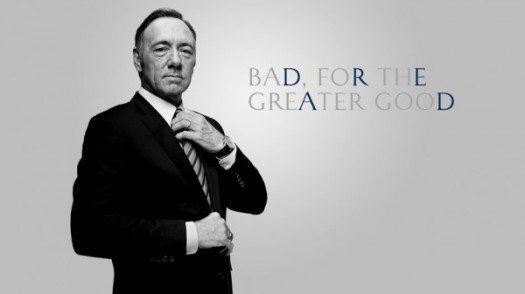
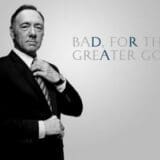
Netflix’s new House of Cards series offers an inside look at Beltway power games and is far better than most of this genre—which is why its retrograde and even racist union-bashing is so unfortunate. For example, Episode Five sympathetically portrays politicians who lie to unions, and claims eliminating federal funding for school districts engaged in collective bargaining is necessary for education reform.
Teachers’ unions are shown as completely out of touch with members, and run not by their female and African-American elected political leadership but rather by white male political consultants. And in an episode that could have been produced by either Michelle Rhee or the National Right to Work Committee, House of Cards depicts elite interests as knowing better what workers want than their own unions. Beneath its plot turns and star power, the series — whose theme is “Bad,
» Read more about: “House of Cards” No Friend to the House of Labor »
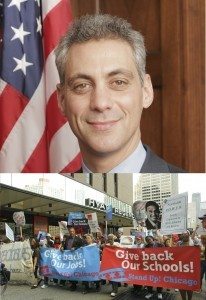
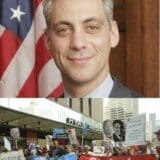
 Sometimes you have to just love the California state constitution. It may right now be the one thing protecting us from the chaos inflicted on Chicago, where the largest mass closure of public schools in U.S. history is underway.
Sometimes you have to just love the California state constitution. It may right now be the one thing protecting us from the chaos inflicted on Chicago, where the largest mass closure of public schools in U.S. history is underway.
You might remember when Antonio Villaraigosa was first elected Mayor of Los Angeles. One of his first ambitions was to become the decision-maker over the L.A. Unified School District, to once-and-for-all improve the city’s schools. He wanted to have the power of other big-city mayors like Chicago’s Emanuel and Bloomberg in New York, mayors who now appoint their school boards and their school superintendents.
These two men, with scant education experience, were sure they could do better than life-long educational professionals. They had been elected to run their cities, not their cities’ schools. But, hey, ambition knows no limits. And with the backing of the multimillionaires of the Gates,
» Read more about: School Daze: The Attack on Public Education Continues »


“Independent Contractor represents that Independent Contractor is an independent contractor.”
I try to cultivate an appreciation for language, linguistic uses and linguistic misuses. I have an especial appreciation for legal writing, in all of its absurdity. I tend to become inured to the way that people – typically more powerful people – use language to obscure rather than to elucidate.
I also read a lot of legal documents, especially agreements between port trucking companies and individual drivers. These tend to be awful, one-sided, unconscionable documents. Port trucking companies employ drivers, and then write “CYA” documents to attempt to hide the fact that they are misclassifying their drivers. The owners create sham truck leases and force drivers to sign them. All par for the course in an industry as dysfunctional as port trucking.
But then I read a sentence like that one,
» Read more about: The Crooked Language Behind Job Misclassifications »
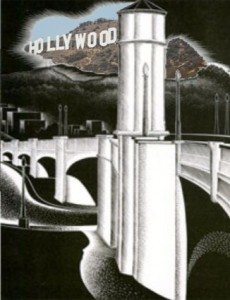
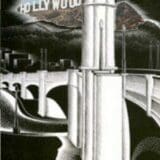
 It’s not every day that L.A. voters are given the chance to hear a range of the city’s political candidates explain their positions on vital issues in a daylong, in-depth forum. But that’s exactly what’s being offered Monday April 1 for Angelenos who are eager to learn what their potential leaders believe in.
It’s not every day that L.A. voters are given the chance to hear a range of the city’s political candidates explain their positions on vital issues in a daylong, in-depth forum. But that’s exactly what’s being offered Monday April 1 for Angelenos who are eager to learn what their potential leaders believe in.
Join Climate Resolve, LAANE and scores of other environmental and community organizations for a candidate forum on April 1. Candidates for Los Angeles City Council, City Controller and City Attorney will outline their positions on key issues regarding the environment, transportation, and jobs.
This is an exclusive chance to understand each candidate’s position on the critical, far-reaching issues that will determine how Los Angeles will address the challenges ahead.
WHEN: Monday, April 1, 9:00am – 4:00pm. You can attend some or all of the discussions.
WHERE: Yosemite Hall at the California Endowment,
» Read more about: L.A. Candidate Forum on the Environment, Transportation and Economy »


 The minimum wage is back on the rise. Last month Sen. Tom Harkin and Rep. George Miller introduced the Fair Minimum Wage Act of 2013, which would raise the federal wage to $10.10. State legislatures aren’t waiting. The New York state assembly approved an increase to $9 plus indexing, the New Mexico state senate approved an increase to $8.50, and the Hawaii state senate and house each passed increases.
The minimum wage is back on the rise. Last month Sen. Tom Harkin and Rep. George Miller introduced the Fair Minimum Wage Act of 2013, which would raise the federal wage to $10.10. State legislatures aren’t waiting. The New York state assembly approved an increase to $9 plus indexing, the New Mexico state senate approved an increase to $8.50, and the Hawaii state senate and house each passed increases.
But that hasn’t stopped the doomsayers. The conservative Cato Institute called the minimum wage “zombie economics.” Paul Ryan said that “history is very clear” that it “costs jobs.” Marco Rubio said that “We have a lot of history to prove” that “raising the minimum wage does not grow the middle class.”
In fact, the historical record is quite clear. “Consider the Source: 100 years of Broken Record Opposition to the Minimum Wage,
» Read more about: What ‘Zombie Economics?’ The Minimum Wage & Its Critics »
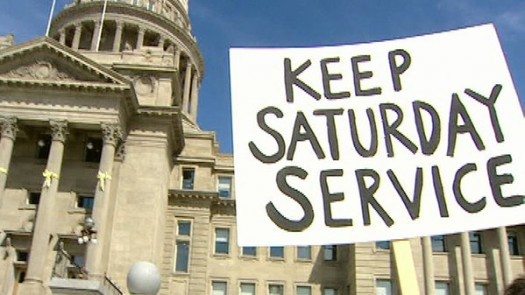
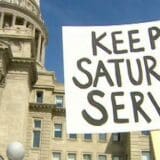
Over the past couple of months, lead stories on every media outlet across this nation have covered the “gloom and doom” angle of six-day postal delivery. But last Sunday, thousands of Letter Carriers, union members and allies came out to set the story straight on the real crisis that is facing the United States Postal Service.
In San Diego, Los Angeles, Fresno and San Francisco, rally participants let the communities they serve know that if the overzealous plan by Postmaster General Patrick Donahoe to eliminate Saturday mail delivery is allowed to happen, it would be one of the biggest mistakes our government would ever make.
Rally participants set the facts straight by letting everyone know that regardless of what he has been threatening to do, Postmaster Donahoe lacks the legal authority to implement this plan on his own. Decisions on delivery schedule are the purview of Congress, and every year for the past 30 years,
» Read more about: Postal Rallies: “Save Saturday Mail Delivery!” »